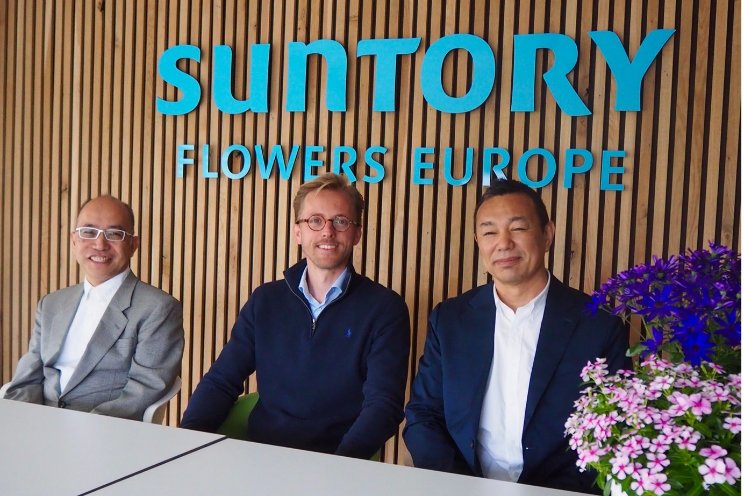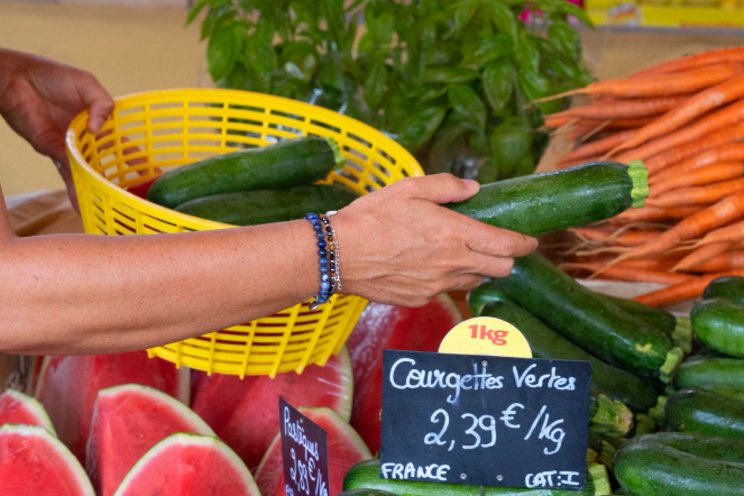The biggest threat to the recovery of flower sub-sector
Added on 10 January 2021

A letter sent on 30th December 2020 by the Horticultural Crops Directorate (HCD) to the industry directs all exporters of horticultural products to pay from 1st January 2021 Agricultural Produce Cess based on the free on board (f.o.b) value and not the quantity in line with the new Horticulture (Crops)
Regulations.
KFC CEO Clement Tulezi says the cut-flower industry is learning about the passing of Horticulture (Crops) Regulations, which apparently were gazetted in June 2020.
According to the CEO, these regulations have increased Agricultural Produce Cess levy from the previous 30 cents per kilo to 0.25 percent of the customs value.
This translates to at least four times what exporters have been paying until December 2020.
Further, the letter directs exporters to make payments of CESS upfront on pre-payment accounts.
Exporters are therefore advised to put an advance payment for the levies in order to avoid being inconvenienced.
Previously, payment of CESS has been done in arrears after export. The demand for pre-payment of CESS on f.o.b is costly and will be cumbersome to administer.
Speaking on behalf of the Council, the CEO said they object the arbitrary move by the government. "The passing and implementation of the Horticulture (Crops) Regulations is being undertaken without proper consultation with the industry players," he said.
"We would like you to note that despite our continued engagement on the Horticulture (Crops) Regulations throughout 2019, there has been no official communication by neither the Ministry of Agriculture, Agriculture and Food Authority nor the Horticultural Crops Directorate on the finalu Outcome of the bill. This arbitrary increase will definitely kill the industry that is still struggling to recover from the impact of COVID-19 pandemic," he added.
The industry has been on its knees for the better part of 2020 following the loss of demand for cut-flowers and ornamentals in the international market.
The industry was adversely affected by the first lockdown in Europe between March and August. Demand for flowers dropped as flower shops around
the globe shut.
Millions of stems were destroyed at the farm which resulted in a huge loss for the growers.
Consequently, farms reduced salaries and manpower, used minimum spray and fertigation, and put some plants and varieties on rest for weeks till the demand picked up.
As countries have in the last five months gradually lifted the lockdowns and eased restrictions, demand for cut-flowers has been picking up in most destinations.
However, this move is will definitely erode gains made by the sub-sector and set it back downhill.
The sub-sector employs over 200,000 Kenya's directly and a further 1,000,000, thus impacting over 4 million livelihoods.
These livelihoods are at risk if these regulations are implemented as directed by the Horticultural Crops Directorate.
"We believe there is no justification for the increase of Agricultural Produce Cess. There is no sign of added value or service from the Horticultural Crops Directorate to exporters that warrants the increase."
This directive is against the spirit of facilitating trade and creating a conducive business environment.
The flower export industry ranks among the top four foreign exchange earners for Kenya.
" We propose that the implementation of these regulations to be halted to allow for proper consultation with the stakeholders. We are ready to meet with Ministry of Agriculture Livestock & Fisheries and other relevant agencies you as soon as possible to discuss this matter and find a way forward."
The Kenya Flower Council is the representative body for growers, exporters and relevant cut-flower
and ornamentals value chain actors.
Source and Photo Courtesy of Capital Business
Source: Capital Business
More news















